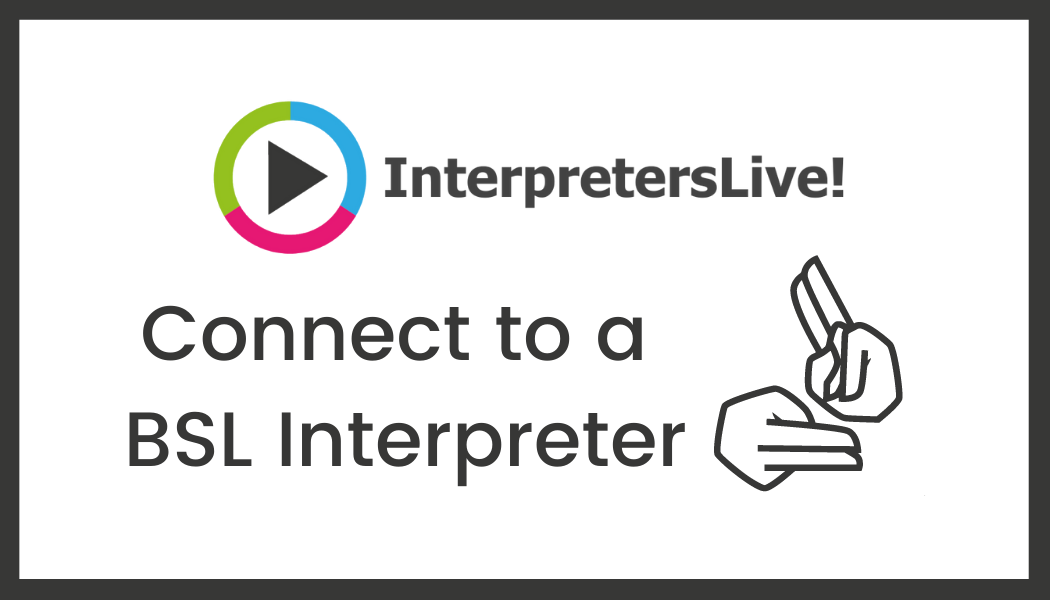
As a consciously inclusive talent acquisition solution, our purpose and passion is to ensure sport, business, and society becomes fair and fully sustainable for all. You’ll see this statement on our website, and it’s mentioned throughout our communications. However, some people have asked what sustainability has to do with diversity and inclusion.
It’s a fair question considering that people have come to view sustainability as purely an environmental issue. In reality, there are many definitions of sustainability - the most common based on the 1987 Brundtland report: “Development which meets the needs of current generations without compromising the ability of future generations to meet their own needs.”
Sustainability has three main pillars: environmental, economic and social, which are informally referred to as people, planet and profits. To achieve true sustainability, each of these factors need to be equally balanced. Let’s explore them.
1. Environmental
This is arguably the pillar everyone is most familiar with. Environmental sustainability is defined as living within the means of our natural resources. It means consuming resources like energy fuels, materials, land and water at a sustainable rate.
For good reason, there has been a laser focus on this pillar for a number of years as organisations work towards net zero carbon targets and adopt circular economy principles to help protect our resources and reduce damage to the environment.
How diversity fits in
A more diverse workforce, with a particular focus on leadership, helps organisations build more effective strategies. Employees who represent the diverse communities and locations an organisation operates in means there will be greater clarity of the direct environmental impact of the company’s operations.
Additionally, any environmental effort requires bold action and innovative thinking. Research published in the Harvard Business Review states that diversity can help organisations innovate more effectively and increase market growth. Furthermore, McKinsey data reveals that ethnic and gender-diverse companies are 35% more likely to outperform homogenous teams.
Economic
This pillar of sustainability refers to businesses or countries using their resources efficiently and responsibly to produce an operational profit. Given that a company cannot sustain its activities without turning a profit, it must act responsibly and use its resources properly to remain active.
How diversity fits in
As stated in the environmental pillar, it’s proven that diverse teams deliver greater financial results for organisations. When it comes to leadership, McKinsey states that culturally diverse boards worldwide make 43% higher profits than homogenous boards.
Diverse teams help to improve operations too. Organisations that practise what they preach regarding equal opportunities will see more transparent communication between colleagues and customers, leading to good governance. A culture where everyone feels free to share ideas, raise concerns or offer feedback is, by default, more resilient and better equipped to deal with challenges before they turn into problems.
Greater diversity and representation also helps to promote a positive, approachable and trustworthy brand image. A diverse company is more likely to accept and understand different opinions from stakeholders, customers or potential employees.
Social
Often overlooked when organisations build sustainable strategies, social sustainability highlights the concept of social license. It means a company is supported by its employees and stakeholders and the community it operates in - particularly pertinent for sporting organisations.
Social sustainability should see businesses treating their employees fairly, implementing a non-discrimination policy, enabling flexible working, ensuring fair and equal wages, investing in their local communities, ethically sourcing talent, and understanding their supply chains.
How diversity fits in
Being inclusive can unlock a plethora of social benefits for organisations. An inclusive culture ensures everyone is treated equally and has access to the same opportunities, which immediately improves a company’s social impact.
Understanding unconscious bias and the power of privilege helps leaders make fair and balanced decisions when it comes to hiring and developing their teams. Plus, an inclusive culture is one where employees feel safe to take risks to make improvements without fear of repercussions. A safe environment means open communication and innovation, which, in turn, leads to positive action across all areas of a business.
Your partner in action
The future of sport is driven by difference. Here at level=, it’s our mission to help every sports organisation, regardless of size or scope, bring diversity and inclusion to their leadership and broader teams.
Whether you are building greater equity within your organisation or looking to take the next step in your career in sport, our team is committed to working with you to offer the skills, services and access to a globally diverse and level field of possibility.
Connect with us on 020 8392 9959 or email hello@levelequals.com.




